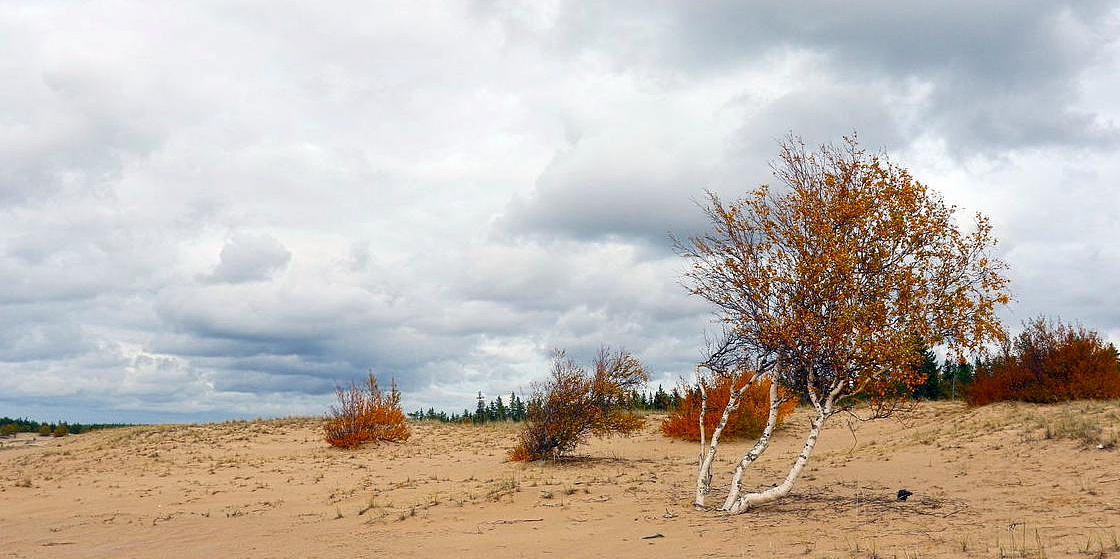
Photo: Vadim Elistratov / GeoPhoto
Russia to Introduce Carbon Credits
The Ministry for Economic Development came up with a draft governmental decree defining a procedure for carbon credit allocation and verification of so-called climate projects. Therefore, the document lays a foundation for the carbon management system to be established in Russia along with this country’s carbon market.
In terms of this system, one carbon credit is defined as a verified outcome of a climate project equal to one metric ton of carbon dioxide. In turn, the term “climate project” means a set of procedures ensuring reduction/prevention/ increased absorption of greenhouse gas emissions.
According to the draft, the system is expected to function the following way. All companies implementing carbon projects will be entitled to carbon credits whose amount is to be calculated by a verifying agency -- an independent authorized agent (a legal entity or an individual) not affiliated with the applicant. Based on the assessment made by such agency, the carbon registry authority (which is yet to be established) shall allocate carbon credits to the applicant.
Among projects that may be qualified as climate ones are those aiming to improve a company’s energy efficiency, switching to a greener type of fuel or renewables, tree preservation and/or planting, carbon dioxide capture etc.
Launching a national carbon market in Russia is believed to help address a range of issues facing the Russian Arctic. First and foremost, it will provide a potent stimulus to the introduction of advanced green technologies, including in the Arctic, a highly-industrialized region. Secondly, carbon credits will serve as an economic incentive for carbon removal projects such as injecting CO2 into depleted oil and natural gas reservoirs. This paves the way for profitable reuse of old hydrocarbon deposits, which is of special importance for Russia’s High North. Thirdly, with a national carbon credit market in place, Russia will be able to enter into a discussion with the EU as regards the CBAM and, eventually, harmonizing the two systems. This, in turn, may lead to removing regulatory obstacles potentially limiting Russia’s exports to the EU such as those potentially affecting the metal industry whose important assets are located in the Russian Arctic.
It should be kept in mind that for Russia, decarbonization is a necessity. As Deputy Prime Minister Belousov stated in his recent interview, “there is no other answer to global climate change than the energy transition”. According to him, “the question (for every country, including Russia) is how to combine the energy transition with the sustainable development agenda”. The introduction of carbon credits in Russia may, at least partially, provide an answer to this question.
Arctic Today is a column by PORA CEO Alexander Stotskiy analyzing major international, national and regional events and trends in the Arctic.



